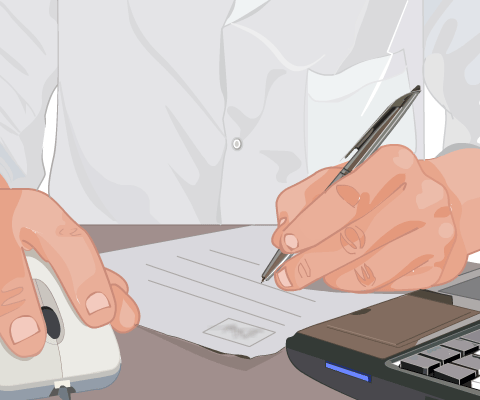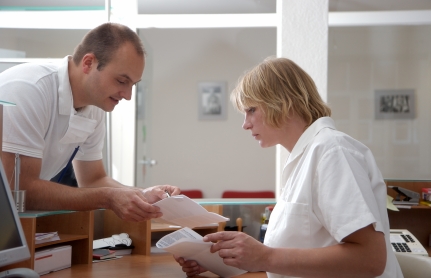Communicating with Professional Colleagues course for Dental Practice



This session looks at the need for good communication between professionals. The importance of providing sufficient information will be explained as well as the nature of the information required for effective communication with others treating the patient.
Learning objectives
By the end of this session you will be able to:
- describe how to communicate with colleagues both within the practice and in a hospital or salaried service
- explain the indications for referral to dental care professionals (DCPs)
- list the reasons for providing information to reception staff
- refer information to practice staff to help ensure smooth patient management
- explain the importance of following up referrals and list ways in which follow-up arrangements can be made
A referral from the dentist to a colleague involves passing the duty of care for a patient for a particular prescribed item of treatment in order to benefit the patient and their care.
The request must be for treatment that can be delegated to the colleague, within their scope of practice.
Before commencing this session you should:
Have completed the following e-Den sessions in Module 1 Patient assessment/Good practice:
- Negotiating consent for treatment (141-0034)
- How and when to refer patients (141-0038)
Be familiar with the following:
- GDC Scope of Practice
- GDC Standards for the Dental Team
Stephen is a full time dento-legal adviser for Dental Protection Ltd. He is also a Specialist in Oral Surgery. He qualified in 1984 and worked in fulltime hospital practice until 1989. Between 1989 and 2000, he worked part-time in the Oral and Maxillofacial Unit in Oxford. He had his own practice which he started in 1991, which was a mixture of general and referral practice. He obtained a Masters degree in Medical Law in 2005.
Stephen is also part of the Module Editorial Team at e-Den, and is the Module Editor for Module 10 Communication, and Module 11 Professionalism.
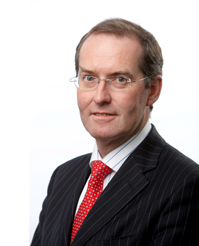
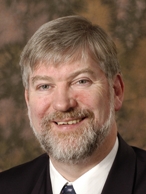
Andy qualified in 1974 and worked in hospital dentistry (mainly oral surgery) for several years. He entered General Dental Practice and became managing partner of a large multi-centred practice in 1983, a post which he retained until 2008.
He is now a dento-legal adviser, and continues an interest in GDP as an associate.
He is heavily involved with the Faculty of General Dental Practice, serving on many committees and was Vice-Dean 2006-2008. He helped edit the recent revision of ’Clinical Examination and Record Keeping’ (available from FGDP). He is currently chair of the Revalidation Group and chair of the FGDP Fellowship Assessors.
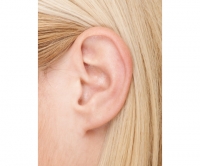
- Medical and Pharmacology | Human diseases and medi...
- Posted By eIntegrity Healthcare e-Learning
- Posted Date: 2025-01-05
- Location:Online
- This session will describe rheumatoid arthritis (RA), systemic lupus erythaematosus (SLE) and Sjögren’s syndrome. It will also identify the medications used for each condition and consider the impact of each condition on dental care.
- Medical and Pharmacology | Human diseases and medi...
- Posted By eIntegrity Healthcare e-Learning
- Posted Date: 2025-01-05
- Location:Online
- This session provides an overview of some of the clinically important respiratory challenges you may come across as a dental practitioner.
- Medical and Pharmacology | Human diseases and medi...
- Posted By eIntegrity Healthcare e-Learning
- Posted Date: 2025-01-05
- Location:Online
- This session describes the signs and symptoms that may manifest in patients diagnosed with common renal problems and the relevance of common renal disorders to the delivery of dental care.
- Medical and Pharmacology | Human diseases and medi...
- Posted By eIntegrity Healthcare e-Learning
- Posted Date: 2025-01-05
- Location:Online
- This session will look at the relevance of common neurological disorders to the delivery of dental care by the dental practitioner.
- Medical and Pharmacology | Human diseases and medi...
- Posted By eIntegrity Healthcare e-Learning
- Posted Date: 2025-01-05
- Location:Online
- This session will look at the signs and symptoms of neurological disorders and how the dental practitioner may recognise them.

